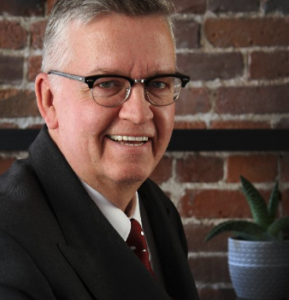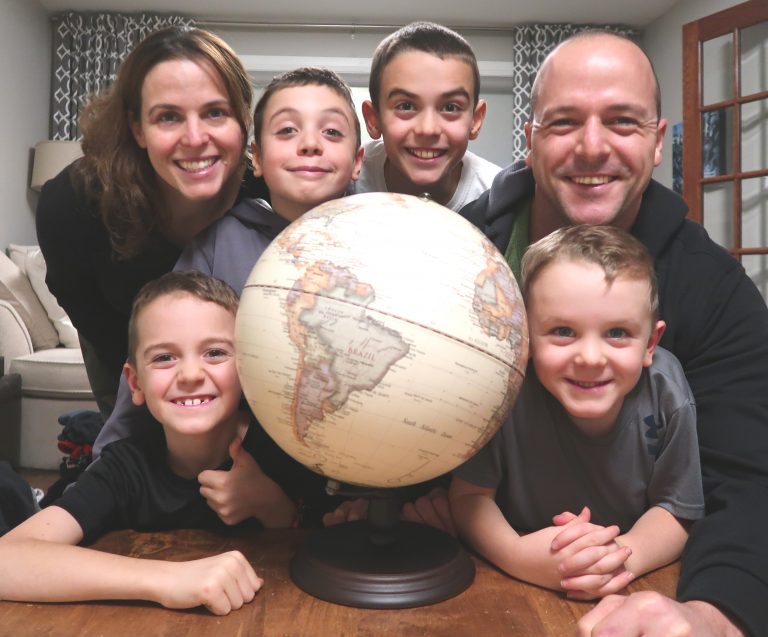 One of the grumpiest politicians I ever knew said, “This is not a tea party.”
One of the grumpiest politicians I ever knew said, “This is not a tea party.”
Often, medical politics is war. Opponents do not enter to fight fair.
I forget this all the time. Stephen Skyvington does not. He works to make opponents bleed. He published, This May Hurt A Bit: Reinventing Canada’s Health Care System with Dundurn Press in February.
I wrote this about it:
“One part memoir, two parts jeremiad, This May Hurt a Bit demands a discussion on healthcare. Skyvington pokes, prods, and provokes until he gets the debate Canadians need.”
Stephen kindly offered an interview. I do not agree with everything he says, but I admire his courage and insight. As a longtime pundit, organizer, and provocateur, I thought you might enjoy his comments.
Skyvington on Medicare
Q. Predict the future: In ten years…
A. As I say in the book, by 2030 we’ll either have bankrupted the country, have turned every road into a toll road and every school into a private school, or we’ll have ended up with the very thing people (including myself and Dr. [Brian] Day) say they don’t want, namely, a U.S.-style, two-tier health care system.
As former Ontario premier Dalton McGuinty once said, “There’ll come a time when the only ministry we can afford is the ministry of health, and we still won’t be able to afford the ministry of health.”
Q. What is the #1 problem with Canada’s health care system? Continue reading “Skyvington on Medicare — Author of “This May Hurt A Bit””


